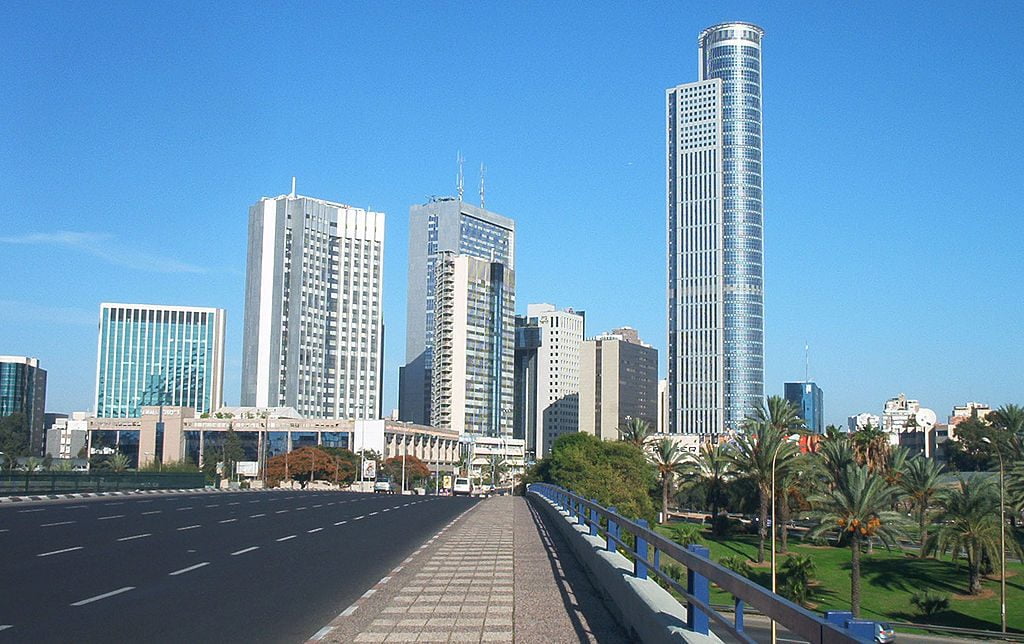This article was first published by The Times of Israel and is re-posted with permission.
In the past decade, the term Startup Nation has become so entrenched as part of Israel’s identity that it’s almost a second name. Israel generates more startup companies per capita than any other country and its entrepreneurs are famed for their abruptness, chutzpah, and irreverence, all of which make them good at what they do. The sector has created well-paid jobs and has become a diplomatic asset, opening doors to countries that are hungry for Israeli technology.
Now, a new book called “Israel’s Technology Economy, Origins and Impact” written by veteran economic journalist David Rosenberg (full disclosure: he is a former colleague) takes a deep look at Israel’s startup phenomenon and its impact on the local economy. The book, published by Palgrave Macmillan and available on Amazon, goes behind the hype to take a deep look at the data, and in a very readable and easy to understand way comes up with a chilling though perhaps not surprising conclusion: the sector offers “few knock-on effects for the wider economy.”
Israel is punching way above its weight in the world economy because of its high-tech sector,” Rosenberg said in an interview with The Times of Israel. “But you have an industry whose impact on the wider economy is limited. So, there is only a limit as to where this can go.”
Rosenberg, the business editor for the English-language edition of Israel’s Haaretz newspaper, believes that as important as understanding the rise of high-tech in Israel — as detailed in the book “Start-up Nation” by Dan Senor and Saul Singer, and the sector’s impact on the world, as set out in “Thou Shalt Innovate” by Avi Jorish — assessing its impact on the local economy and society is also a must.
“The conventional view is that high-tech is the way to go for developed economies like Europe and the US” as manufacturing processes are shifting to Asian economies. “The belief is that the future lies in high-tech, in which people use their creativity, and where they have well-paying jobs, and processes are environmentally clean. This is all true, but especially in the case of Israel, the high-tech sector does not create a lot of jobs and it contributes to greater income inequality.”
Israel has an elite group of people who earn top salaries, but they, with their very specific set of skills, are only a small part of the population. Indeed, the high-tech workforce accounts for just some 8 percent of the total workforce in Israel, “and this number is not growing. The high-tech industry in Israel and the world has reached a ceiling,” Rosenberg said.
To read the full article, click here.
Related posts

Editors’ & Readers’ Choice: 10 Favorite NoCamels Articles

Forward Facing: What Does The Future Hold For Israeli High-Tech?

Impact Innovation: Israeli Startups That Could Shape Our Future




Facebook comments